Diversity, Equity, and Inclusion (Student Perspective)
Written by Elias K. (8th grade) and Maura P. (6th grade)
Videos filmed and produced by Lea G. (8th grade), Lachlan F. (8th grade), and Josh F. (6th grade)
At Embark, students examine who we are while exploring our role in the surrounding community. We are constantly striving to further our work in the realm of Diversity, Equity, and Inclusion. This winter, we took this work into our own hands, learning about our own identities, systemic oppression, and how we show up in the community through a DEI lens. We think this means having respect for, supporting, and welcoming all people no matter their race, gender, background, or social identities.
First, we deeply explored the history of systemic oppression in the United States, learning about the experiences of Indigenous peoples, immigrant communities, women, BIPOC folxs, and those who identify as LGBTQIA+. Click here to read a student’s reflection on how her understanding of Indigenous cultures changed during this time.
Then, we learned about the power of language. In the United States, we have freedom of speech. This is good because people can say what they believe, but it also means that people can say hateful things. Someone has just as much right to say a racial slur as to advocate for the rights of others. In class, we practiced how to respond when we hear people using discriminatory language using the strategy of calling in and calling out. To learn more about calling in and out, click here to read a student's perspective on this work.
Through this learning, we have had the opportunity to bring companies into Framework Cycles that share our values of inclusivity and equity. We brought in companies like Thousand Helmets, Transfigure, and Tanitas Carryall. Thousand Helmets is a company based in a diverse neighborhood in California. They have diverse employees who work to give helmets to under-privileged and under-represented communities. Thousand has equality for all of their employees and resources for whoever needs them in the workspace. Tunitas carryall also follows a similar structure, but she sews the bags by hand. The store owner is a woman of color, and the store is based out of California.
We have also brought about small changes to make our community more inclusive. The best way we did that was by making pronouns and protest pins. This is a small fun way to make a difference in the community. Pronoun pins help us spread awareness among people who identify as non-binary or transgender. If you are cisgender and part of the dominant culture, creating a pronoun pin is an even better idea because it helps show people it's cool to support everyone, and you can help influence change.
Throughout these projects, we have learned many things. Most importantly, we now have a real understanding that it is not enough to be not racist, we must be anti-racist.





